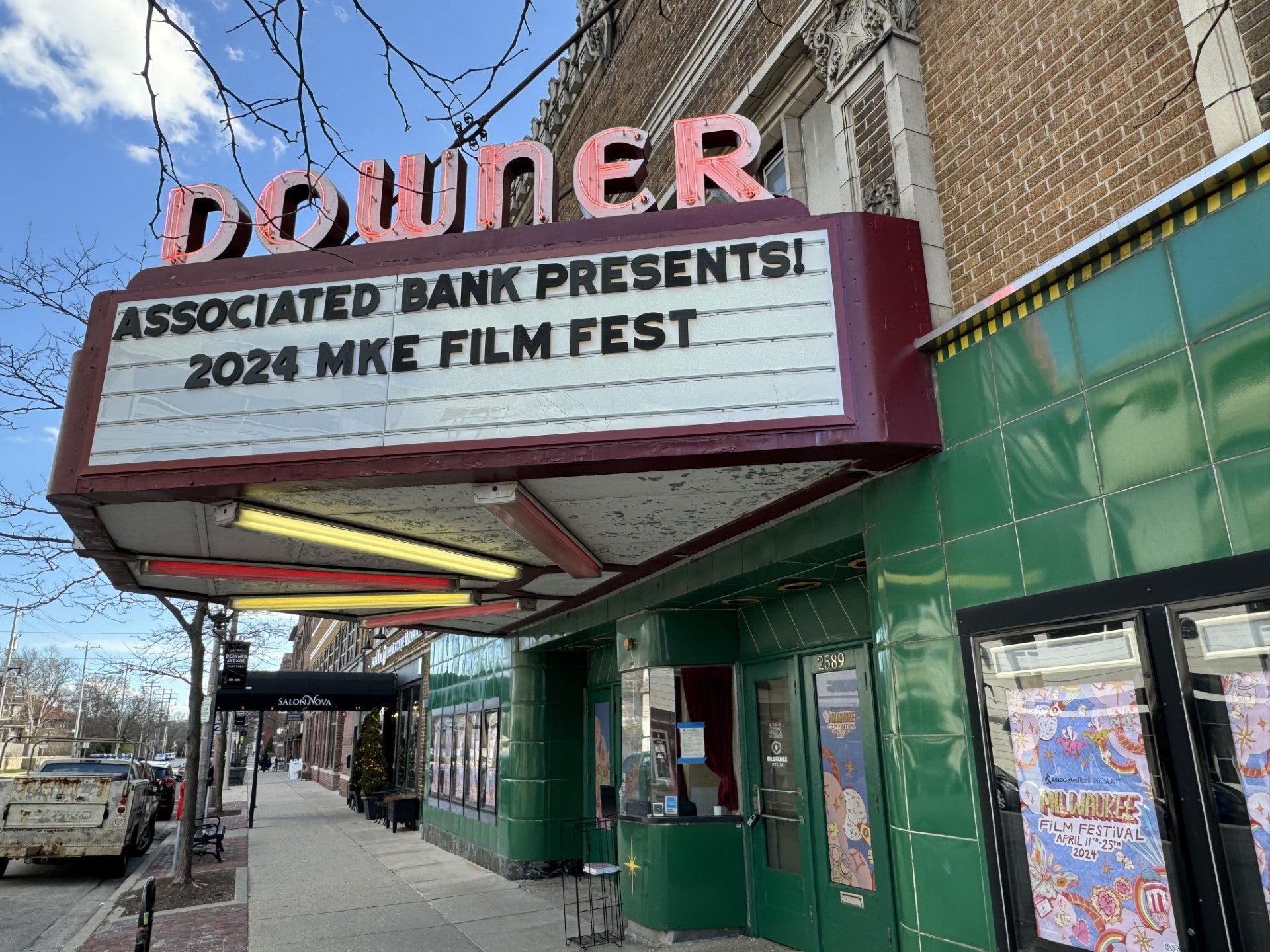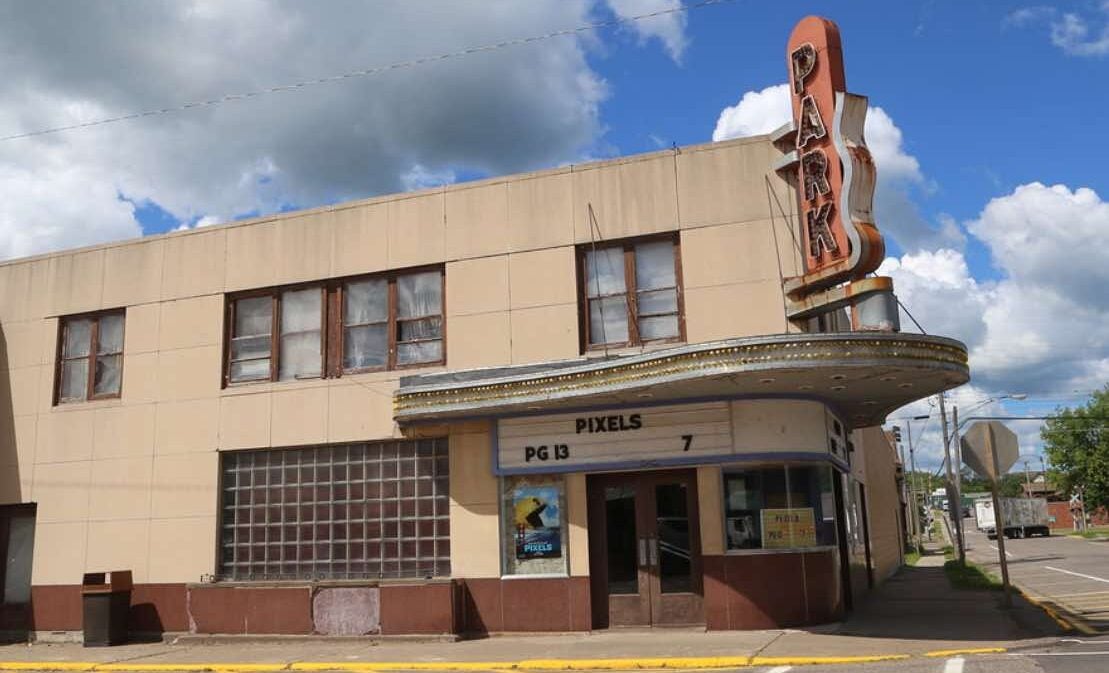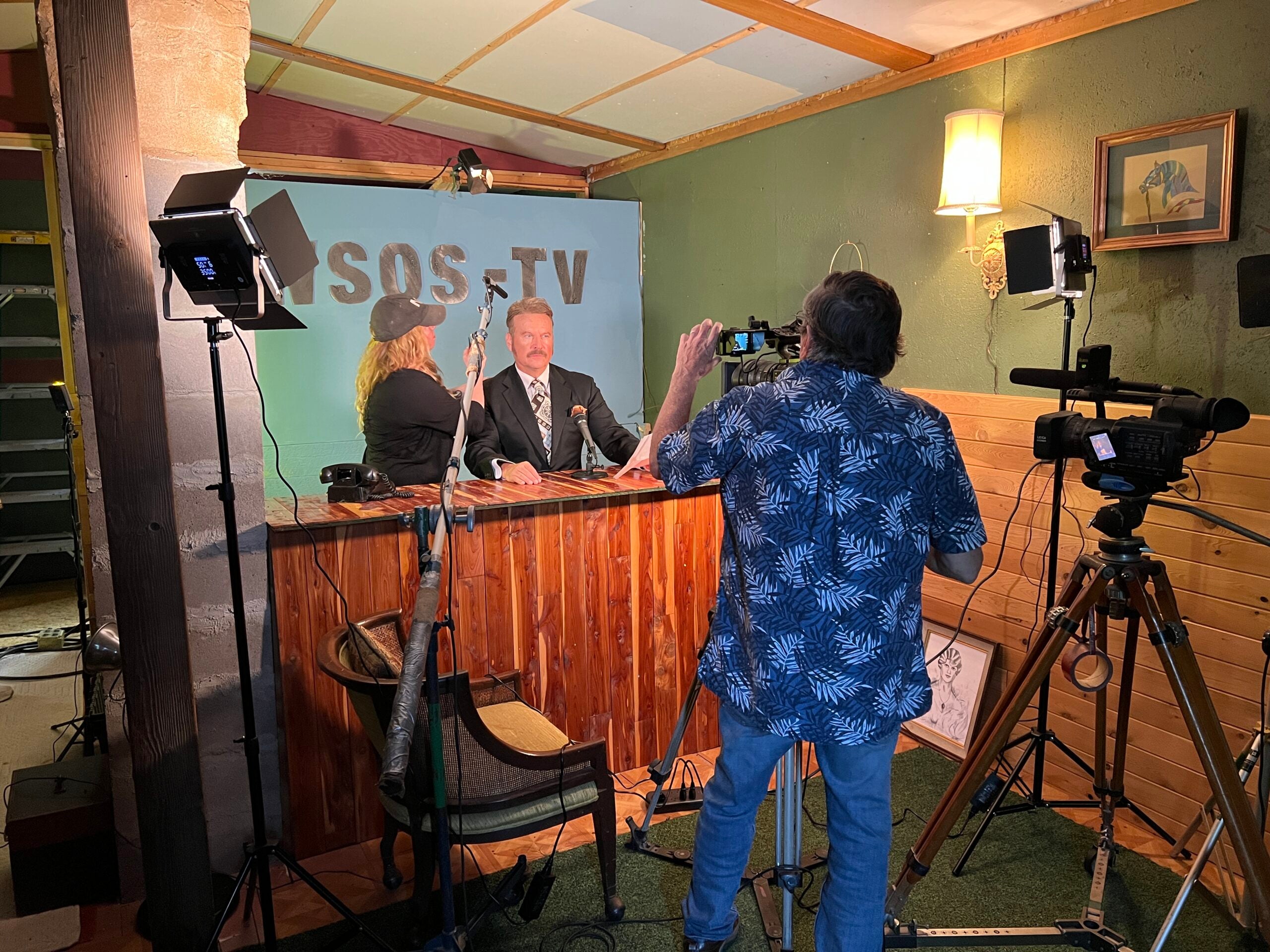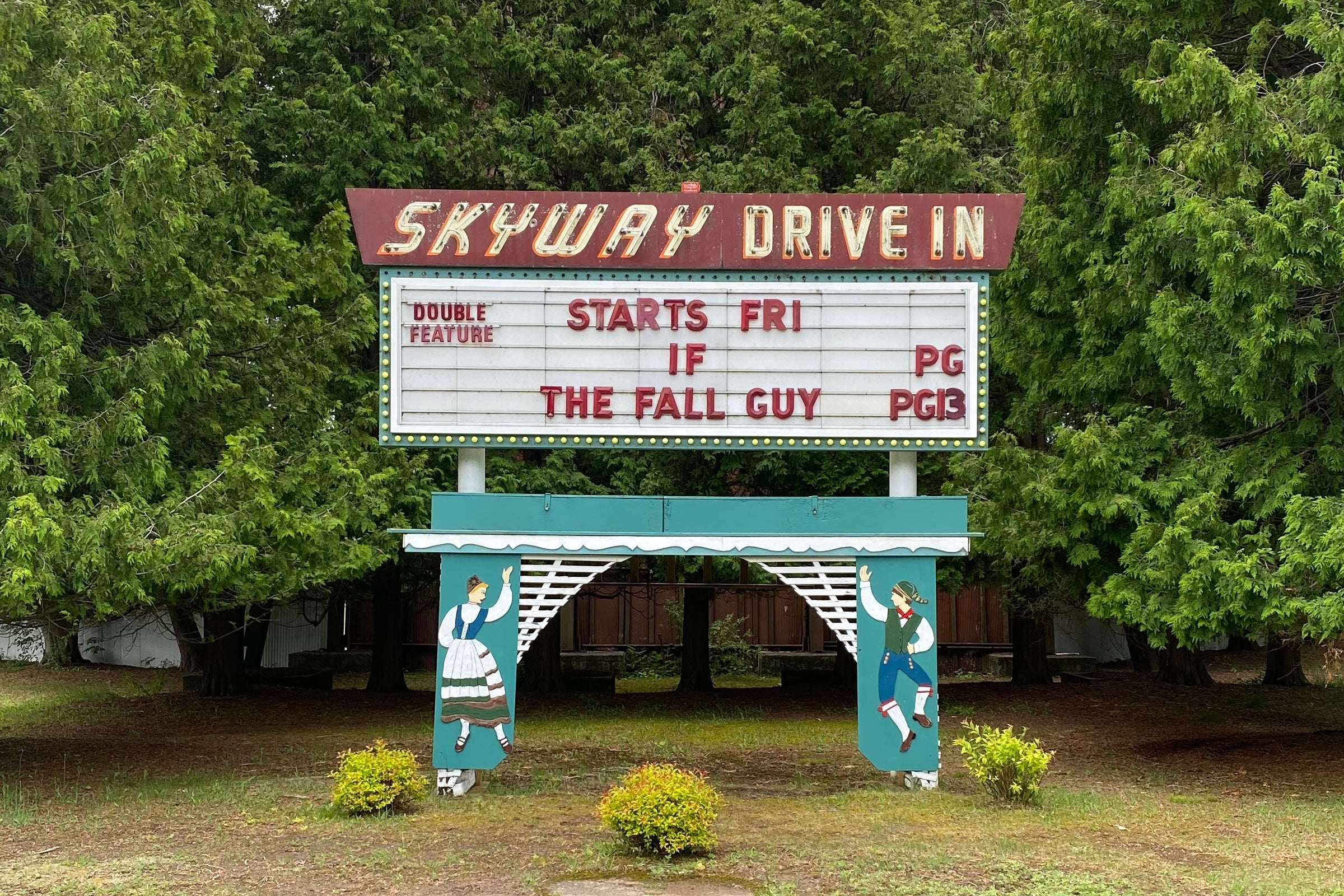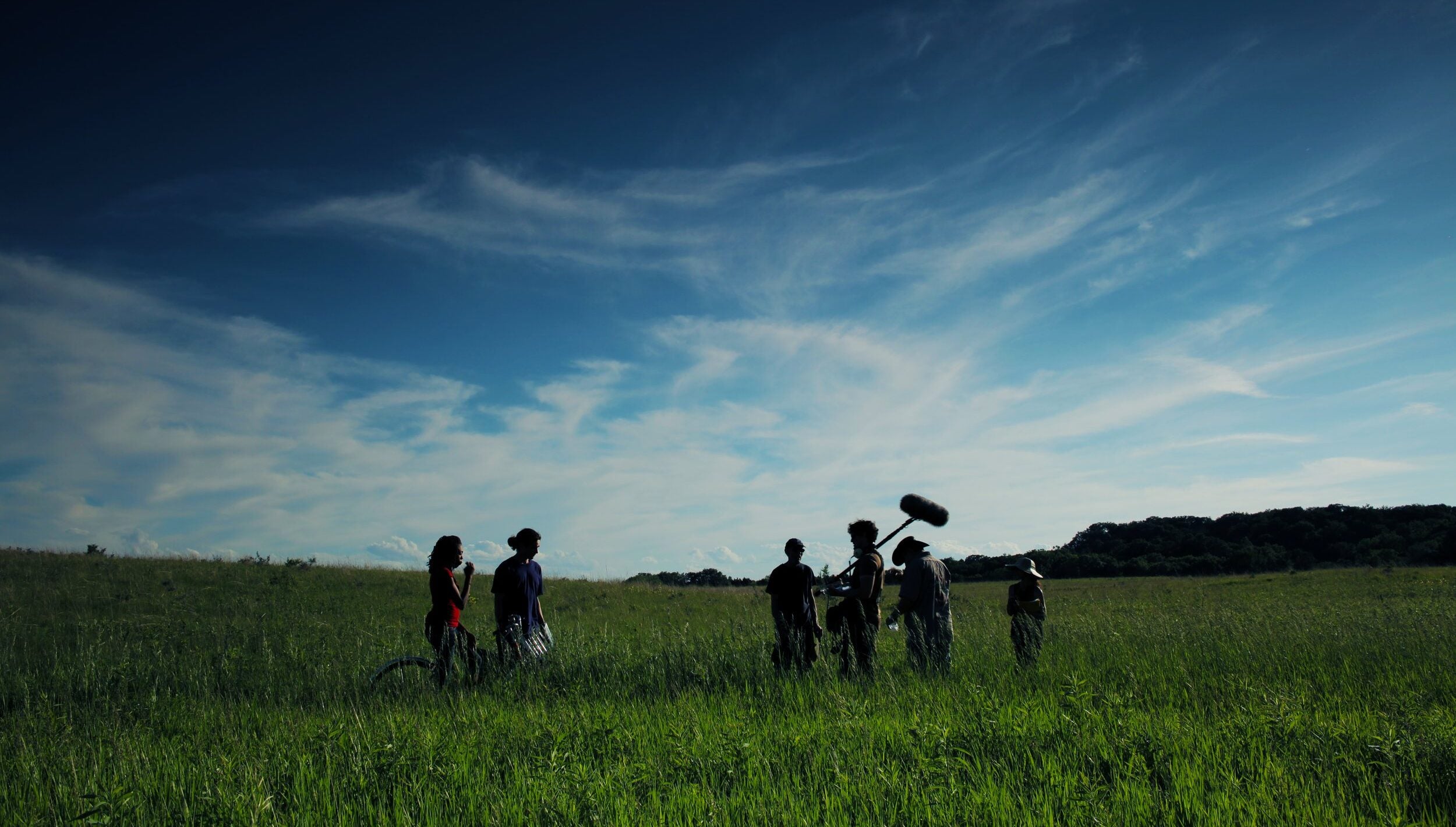Over two weeks later this month, moviegoers will have their pick of more than 300 films from 61 countries shown at seven screens across four movie theaters in one city.
The Milwaukee Film Festival, now in its 16th year, will be held from April 11-25, bringing film fanatics and casual movie lovers together to see movies from local, national and international filmmakers.
This year, cult classics like “Footloose” and “Stop Making Sense” will be shown alongside newly released independent documentaries like “Shari & Lamb Chop,” and critically acclaimed films like “The Taste of Things” and “Close Your Eyes.”
News with a little more humanity
WPR’s “Wisconsin Today” newsletter keeps you connected to the state you love without feeling overwhelmed. No paywall. No agenda. No corporate filter.
For Cara Ogburn, the artistic director for Milwaukee Film, that’s the beauty of the event.
“(There’s) really something for everyone — there’s shorts, there’s features, there’s fiction, there’s documentaries, there’s things that kind of fit in between those binaries,” Ogburn said.
Films are divided into 15 different programs, from “Black Lens” to “GenreQueer” to “Rated K: for Kids.” The festival will showcase local filmmakers from Milwaukee and Wisconsin, with its “Cream City Cinema” program. There’s also special events for viewers, including panel discussions and filmmaker Q&As.
Films will be shown at four participating movie theaters this year, including the Oriental Theatre and the Downer Theatre — both run by Milwaukee Film — and the Times Cinema and the Avalon Theater.
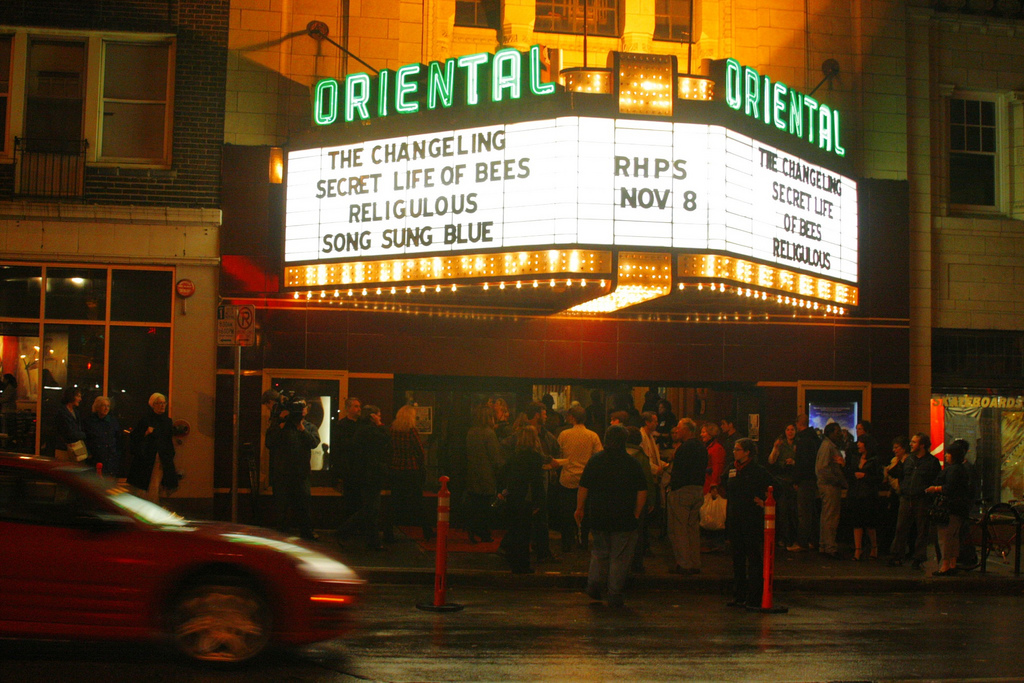
“We get a lot of films which probably wouldn’t get into town and be seen,” said Lee Barczak, who owns the Avalon and Times with his wife. “That’s great. I think that’s wonderful that we all get a chance to see those.”
The Milwaukee Film Festival may not be the most well known or largest festival on the circuit, but it’s grown from what Milwaukee Film Interim CEO Anne Reed called a “blank sheet of paper” to a “nationally recognized film festival.”
“It’s not only an enormous project for our team, it’s an enormous project if you’re planning to come,” Reed said during an appearance on WPR’s “The Morning Show” this week.
The festival comes as the film industry is still recovering from the pandemic, which forced many cinemas across the nation to close, some never reopening. The pandemic changed viewing habits, with many people now streaming movies instead of going to a theater.
Lisa D’Apolito, the director of “Shari & Lamb Chop,” said festivals like Milwaukee’s are keeping people interested in the art of filmmaking.
“Film festivals really, really are keeping theatrical viewing alive and making it exciting,” D’Apolito said.
D’Apolito’s film will be shown on opening night. She will do a filmmaker Q&A after the screening.
“The idea that you can go and you can have your choice of so many different films to see, many that you may never have the chance to see otherwise, is really exciting,” she said about film festivals.
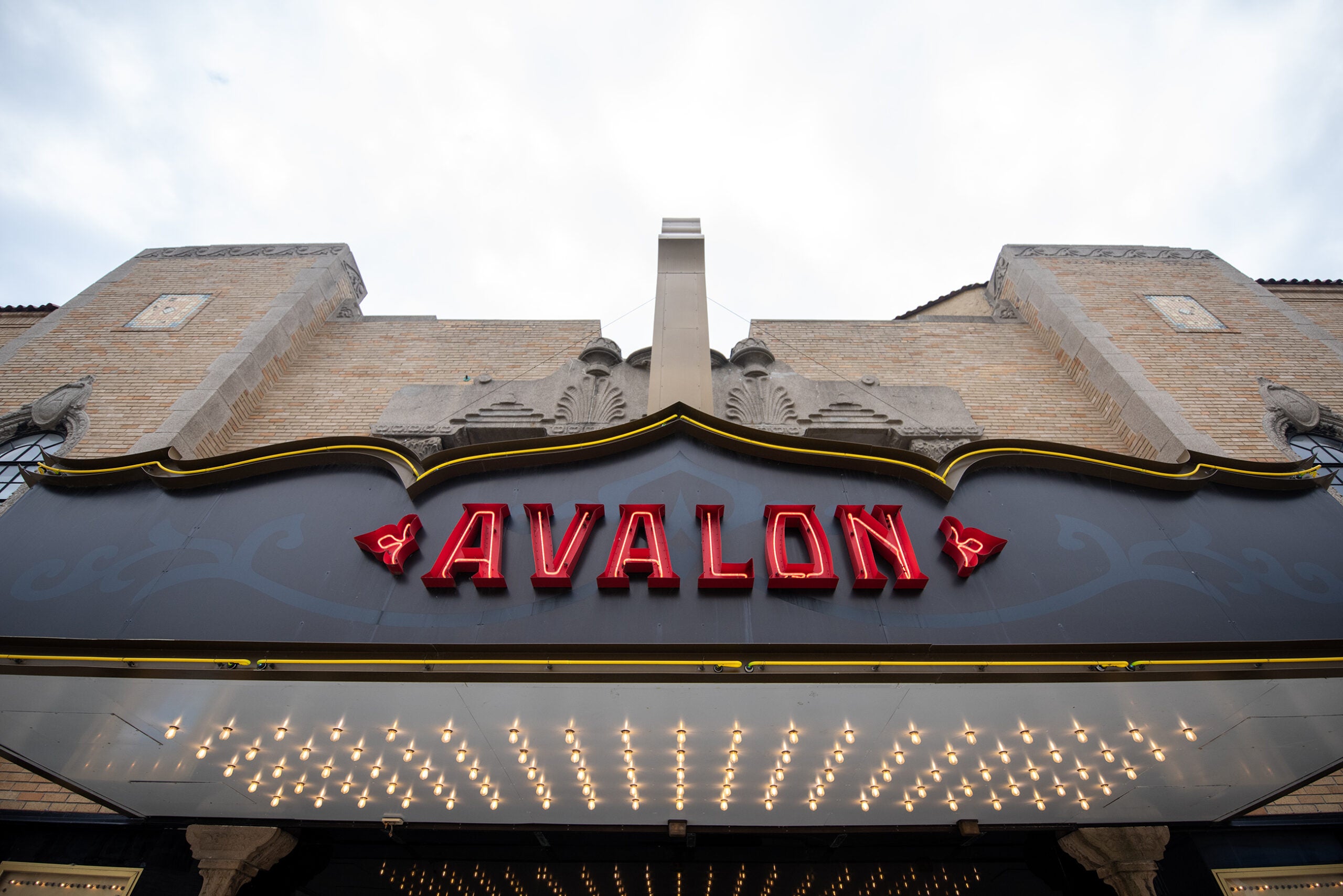
Researching what movies are selected for the festival takes several months. Ogburn said staff track thousands of films and attend other festivals across the world. They also get submissions, many from local filmmakers.
She said it’s important to select a wide variety of films that appeal to a broad audience. Fifty-five percent of feature films at the festival this year are directed by women or non-binary people.
“The common misconception is that film festivals are only for snooty cinephiles, but really, when we say there’s something for everyone, we mean it,” Ogburn said.
Hearing directly from filmmakers is an important part of the festival, Ogburn shared about the Q&A events.
“Hearing a little about the creative process, hearing about the filmmaking process, but also hearing about the inspiration to tell this story now for this person is a real special treat that you don’t (normally) get in the cinema,” Ogburn said.
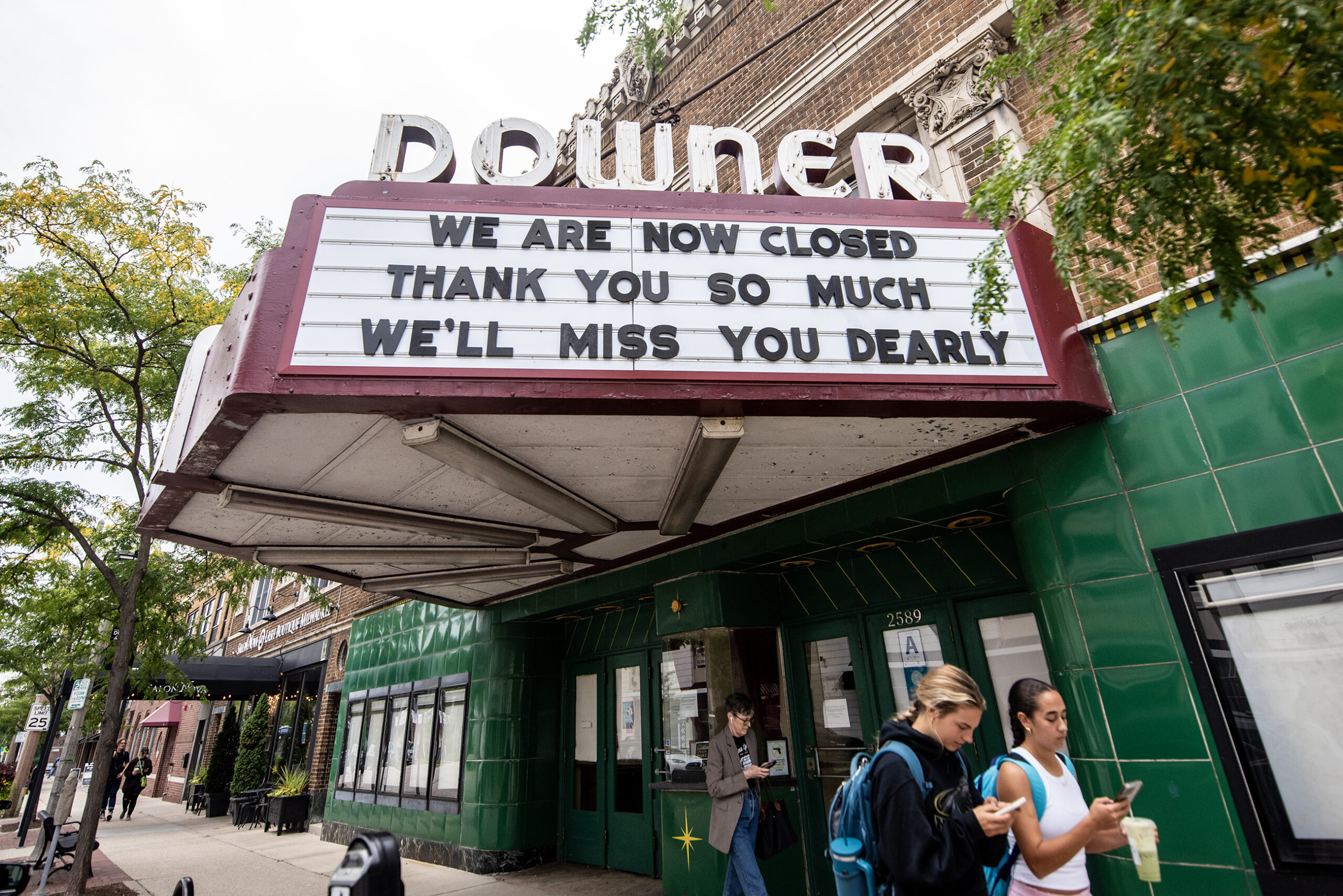
The festival also marks the official reopening of the Downer Theater — the city’s oldest movie theater, which closed last fall. Milwaukee Film announced in March it was taking over its operations.
“The idea of it (Downer Theater) going dark, if we could prevent it, just didn’t feel acceptable,” Reed said.
Reed said after the film festival is over, that movie theater will return to showing movies for the first time since September.
Although many showings sell out, Ogburn said people can still stand in line at a “standby” line outside of the theater to snag a last minute ticket. That says a lot about the festival, Barczak said.
“It says a lot about our patrons and our citizens in the metro (Milwaukee) area and says a lot about how much people enjoy movies of all different kinds and I think it’s a real feather in the cap of the festival itself,” Barczak said.
To learn more about the Milwaukee festival and showings, go here.
The Wisconsin Film Fest, put on by the University of Wisconsin–Madison’s Arts Institute, will end April 11. It is the largest campus-based film festival in the United States.
Wisconsin Public Radio, © Copyright 2025, Board of Regents of the University of Wisconsin System and Wisconsin Educational Communications Board.

